Warhammer Quest review
Search for the dice man.
On the face of it, digital versions of beloved board games offer a special kind of opportunity. Freed from the need to hunt down an overpriced copy of a long out-of-print title, they offer an affordable link to the past. They conveniently alleviate the burden of space that's required by dozens of board pieces and hundreds of cards, counters and fiddly plastic miniatures, allowing us to dip in and out with minimal fuss and they also bypass the barrier to entry represented by a hefty rule book. New players can quickly get their bearings while veteran players are enveloped within the comforting folds of nostalgia.
Warhammer Quest achieves this in fits and starts. To its credit, Rodeo Games has clearly thought long and hard about how best to translate the hundreds of pages of role-play minutiae of Games Workshop's 1995 physical board game into a streamlined digital product. The result is a turn-based, top-down affair that keeps things clear and uncluttered, with a simple point and click interface that works just as well for PC as the touch controls did for the iOS release on which this port is based.
However, while Warhammer Quest is a prime example of so many of these positive traits, it also falls foul of the downsides that come of such streamlining. In tidying away the dice rolls, tables and stat sheets that we once pored over and cross-referenced, Warhammer Quest loses some appeal and takes on some cold, hard edges. Where once we might choose to push our luck, accepting that fate could conspire to produce several duff dice rolls in a row, making the rolls invisible can leave you feeling like you've been cheated.
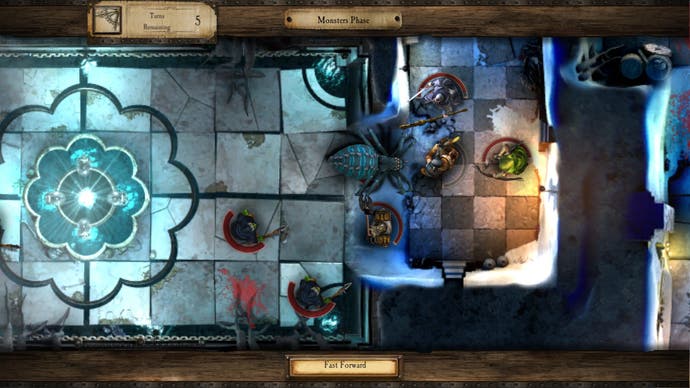
The removal of the physical paraphernalia of tabletop gaming also exposes the simplicity at the heart of the source material. Warhammer Quest was never a deep game, relying instead on friendly banter, colourful embellishment and the simple act of casting a die atop a table to add flavour. This single-player rendering of a four-player board game is bereft of all of this, as well as the tension that made the board game fraught and exciting. In its place is a mildly compelling loot cycle.
This is hardly Rodeo's fault, of course, but Warhammer Quest has always been deceptively shallow, with its action predicated almost entirely on combat scenarios that rely on all of those random elements and human interaction in order to shine. Without them, you're left with the classic set-up of four heroes - the familiar warrior, wizard, elf and dwarf - heading into the depths of any number of dank dungeons to battle the denizens that dwell there for loot and gold. The reasons for doing so vary from rescuing a donkey to quelling a spider infestation to retrieving a mythical piece of loot.
The story text occasionally throws in a curveball here or there, but each mission plays out the same: traverse corridors, rooms and T-junctions to find the objective room and kill whatever manner of beast is guarding the loot/hostage/treasure pile to claim the reward. Then it's back to the nearest town to offload the junk, top-up on provisions and level-up those party members who have gained enough experience to be boost their stats.
The only way to gain meaningful lumps of experience is to land the finishing blow on a foe and so battles become puzzles in which you employ your warriors' abilities, items and spells to ensure the wizard and elf get their fair share of kills and aren't left trailing the heavy-hitting warriors. Inevitably, the repetition of dungeon tiles, enemy types, quest descriptions and all the pointing and clicking eventually begins to wear thin. Curiously, this is alleviated and exacerbated in equal measure by Warhammer Quest's reliance on microtransactions.
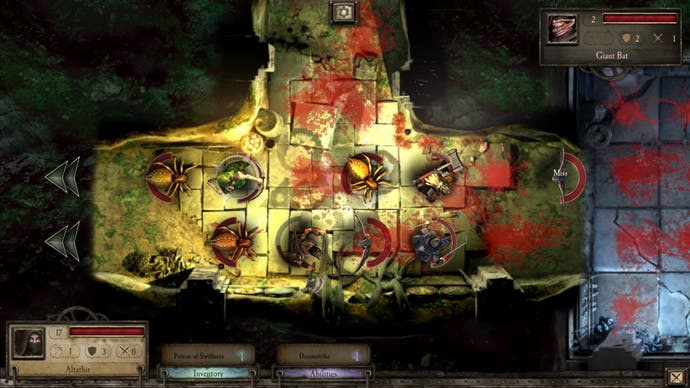
The base game features one of the total three areas available, which carries nine story missions and a host of side quests. This represents upwards of 15 hours of play and could be considered good value for money were it not for the fact that some of what lurks in the microtransaction menu feels like it's been cut from the game rather than representing genuine additions. It's a wildly imbalanced offering, with new heroes and region packs adding many additional hours of game play and seemingly generous by comparison to the dungeon packs, which add a handful of tiles and some much need monster variety into the base game. The worst offender, however, are the premium rare weapons, which are so overpowered that they destroy the balance of the game's opening hours.
The deluxe version of the game includes all of these additions for half the price of buying them separately, and at £19.99 offers upwards of 30 hours of play. Ultimately, though, the piecemeal structure of its content and pricing belies its digital roots as a mobile game, where its cheaper asking price represents significantly better value than it does on PC.
Warhammer Quest is a competent example of a digital board game but in trying to sand its sharp edges and ensure that it's accessible to all, Rodeo has oversimplified the already slight source material. It's a shame, because the developer has the passion and ability to approximate the tabletop experience and it would be interesting to see how it might handle another of the Games Workshop properties if developing it from the ground-up as a PC title. The extra scope and resources afforded by the platform could allow a more in-depth title than this tablet to PC port represents. As it stands, Warhammer Quest falls somewhere between offering a compelling experience for brand new players and delivering the heady hit of nostalgia that old hands crave. It's worth a look, but it's hard to recommend this PC version over its tablet counterpart.
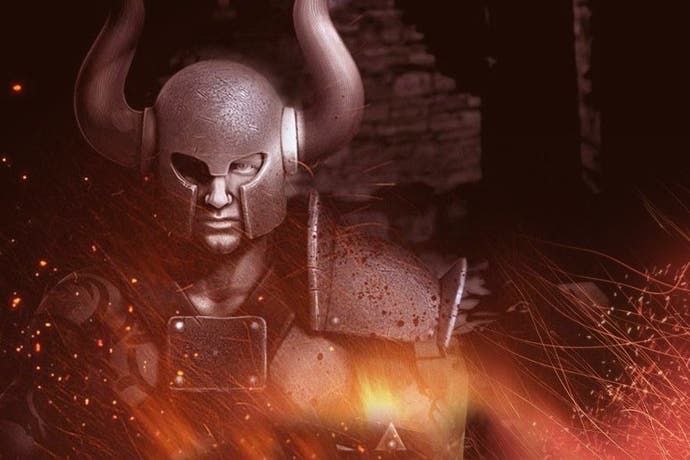

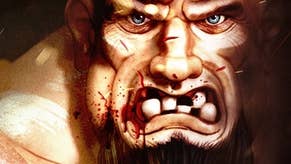
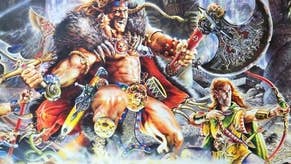
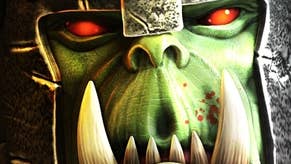
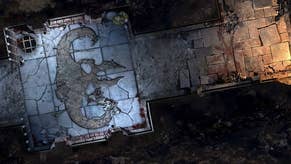
.jpg?width=291&height=164&fit=crop&quality=80&format=jpg&auto=webp)






